





 Official Transcript
Official Transcript  Unofficial Transcript
Unofficial Transcript .svg) Written Answers
Written Answers  Resume
Resume  2 Recommendations
2 Recommendations  Additional Requirements
Additional Requirements  Online Application From
Online Application From 


Application is closed


The Summer Student Program is designed for students who want to immerse themselves in genetics and genomics research. It emphasizes laboratory discovery, communication of knowledge, and professional growth.
 Non-credit
Non-credit
 Residential
Residential
Students participate in an ongoing research program with the support of an experienced scientific mentor. They develop an independent project, implement their plan, analyze the data, and report the results. At the end of the summer, they present their findings to researchers, other students, and parents.
Every year, a diverse group of approximately 40 undergraduate and high school students is chosen from all over the United States. They are able to meet and connect with research-focused students from different backgrounds who quickly form a community of motivated science scholars.
Outside the laboratory, there is much to explore. Students can visit the trails and vistas of Acadia National Park.
Every summer, 34 outstanding students from all over America
arrive in Bar Harbor. They will live in the grandeur of an old residence HighSeas for 10 weeks. The Jackson Laboratory is privileged to be a part of this house’s rich history, and we are delighted to share it with you.
The Jackson Laboratory is an independent, nonprofit biomedical research institution founded in 1929. Our work is dedicated to the betterment of human health through research in mammalian genetics. Below are general descriptions of research areas pursued here and available to summer students:
1 - Bioinformatics and Computational Biology
Bioinformatics and computational biology use computing resources to solve biological problems that are too large or complex for the human mind to solve. Bioinformatics involves the application of computers and databases to the storage and retrieval of biological information, and computational biology develops software applications and uses statistics to address specific biological questions.
2 - Cancer
Cancer biology research deals with the initiation and progression of the disease. Studies involve both individual loci related to cancer onset and genome-wide phenomena. Cancer studies range from investigating basic immunological pathways and their connection with the disease to developing or characterizing specific mouse models of cancer.
3 - Developmental Biology and Aging
Developmental biology is the study of organism growth, from conception until the end of embryogenesis. Organismal growth and development continue with time, and eventually these changes fall into the studies of aging and senescence.
4 - Genomics
Genomics studies focus on whole-genome phenomena in an organism. Research involves examination of multiple loci interactions as opposed to single gene activity.
5 - Immunology and Infectious Disease
The immune system is one of the more dynamic and complex systems in mammals, necessary to protect us from infectious disease. Genetic pathways and environmental stimuli interact, triggering and maintaining a defense system to guard the health of an entire organism. In conjunction with the immune system, hematopoiesis, or the development of blood cells, is an essential component to maintaining health.
5 - Metabolic Diseases
Several million people worldwide are affected by obesity, diabetes, atherosclerosis, gallstone formation, hypertension, and glaucoma. Although these diseases are treatable, they still take a toll on society and individuals in terms of health care and emotional and physical costs.
6 - Neurobiology and Sensory Deficits
It is estimated that thousands of genes are specifically expressed in the mammalian nervous system. Their interactions and pathways are phenomenally complex, ranging from brain development to daily central nervous system function to contributing to psychological states and behavior.
At the time of participation in the 2024 program, a high school student (Bar Harbor) must:
- have completed Grade 12;
- be at least 18 years old; and
- be a U.S. citizen or lawful permanent resident.
Students from groups underrepresented in the sciences are strongly encouraged to apply.
 Official Transcript
Official Transcript
 Unofficial Transcript
Unofficial Transcript
.svg) Written Answers
Written Answers
 Resume
Resume
 2 Recommendations
2 Recommendations
 Additional Requirements
Additional Requirements
 Online Application From
Online Application From
In addition to standard personal and school information, to complete the online application, you will need to provide:
1 - Two letters of recommendation. Within the online application, you will provide the name and email address of two references. Each referrer will receive an automated email from Jackson Laboratory Admissions ([email protected] via technolutions.net) requesting a letter, along with online submission instructions.
Your recommenders should be people who know you and your work well. To help them write the best letter possible, you should provide your recommender with information about the JAX Summer Student Program as well as why you want to participate in it. Share a copy of your resume/CV, a list of specific projects that will remind the recommender about the quality of your work, and any other information that you feel is relevant.
Before you submit names into this application system, ask potential recommenders if they are willing and able to provide a strong letter of support and by the deadline. A strong letter conveys details about you as a student or employee, specific examples of your work, and reasons that you are a good fit for the JAX SSP.
2 - Your informal or unofficial transcript in PDF format. First year college students must also provide their high school transcript. Official transcripts may be requested from those admitted to the program;
3 - A list of the science, technology, engineering, and computer science courses you have taken within the past three years, noting which had laboratory components;
4 - Your current CV or resume;
5 - A ranked list of your top three research interests, or labs, after reviewing our faculty research summaries;
6 - A written description of your research interests and rankings of your research area choices; and
7 - Four short answer responses (each one in 3,000 characters or less, including spaces) to the following questions:
- What about genetic and genomic science interests you?
- How does The Jackson Laboratory's Summer Student Program fit into your plans for the future?
- Describe your role in a recent research project you have done as part of your coursework, as part of the science fair, or in a research position. What was the project, how long did you work on it, did you have collaborators (if so, who were they), what did you actually do to work toward the project’s current status?
- Discuss the personal qualities you bring to a team or project environment. Provide a specific example of a contribution you made to a collaborative project. If applicable, please describe a collaboration with someone whose customs, habits, and/or traditions are different from your own.
Deadline
The Summer Student Program application is due on or before January 29 at 12:00 pm (noon) EST (Eastern Standard Time).
Application materials received after these posted deadlines will be considered late and may not be reviewed. We advise giving your recommender ample time to provide a thoughtful letter.
 Jun 01 - Aug 10
Jun 01 - Aug 10
 10 weeks
10 weeks
Admission to the Summer Student Program is competitive, and students of all backgrounds are selected. All students receive a stipend of $6,500 for the 10-week program, including room and board at Highseas (Maine program) or at the University of Saint Joseph (Connecticut program). The cost of round-trip travel between the student's home and the Laboratory is also provided.




 Official Transcript
Official Transcript
 Unofficial Transcript
Unofficial Transcript
.svg) Written Answers
Written Answers
 Resume
Resume
 2 Recommendations
2 Recommendations
 Additional Requirements
Additional Requirements
 Online Application From
Online Application From



Application is closed

Useful Resources






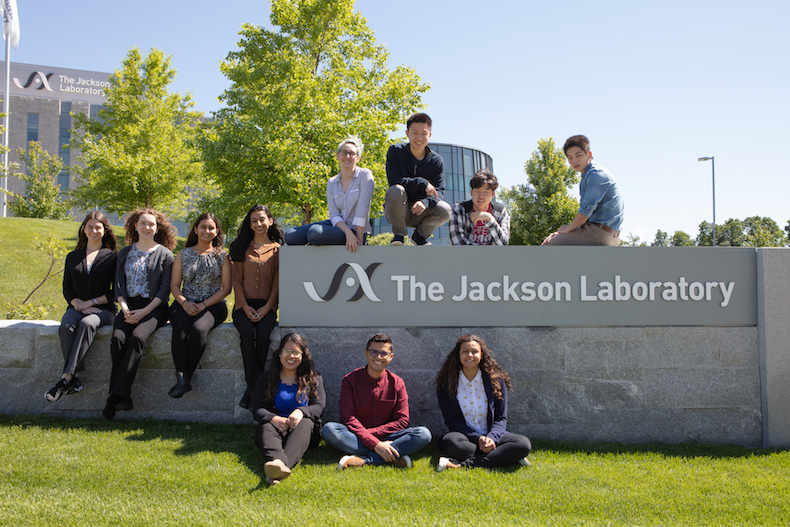
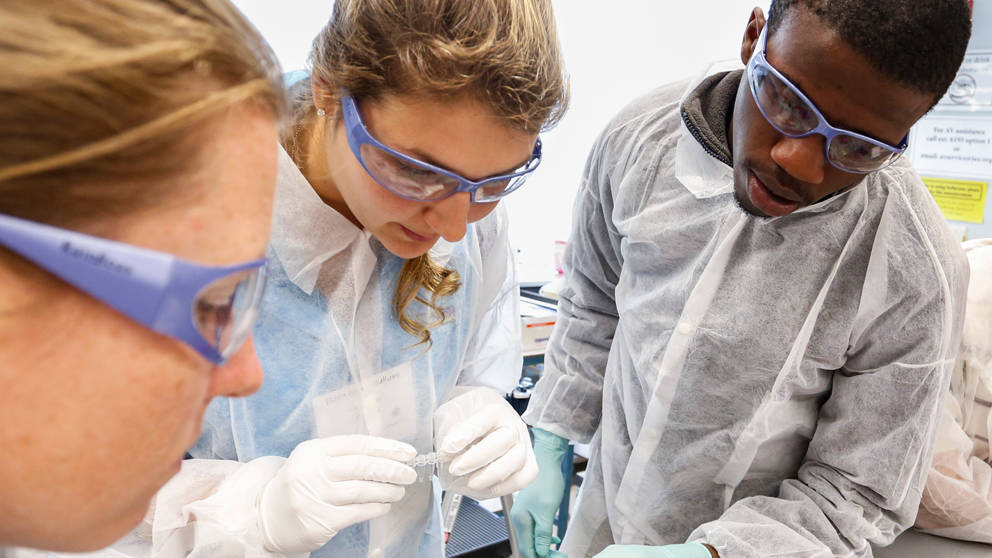

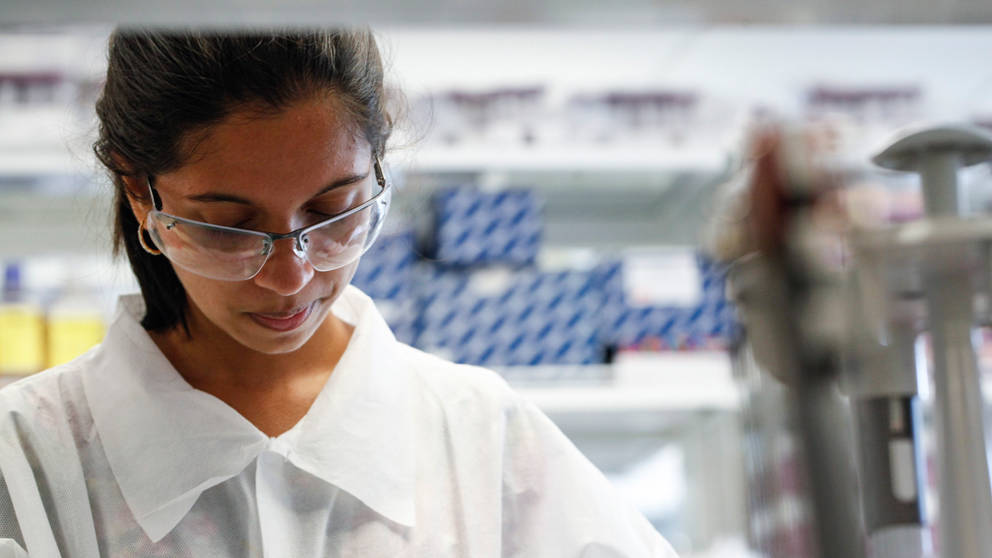
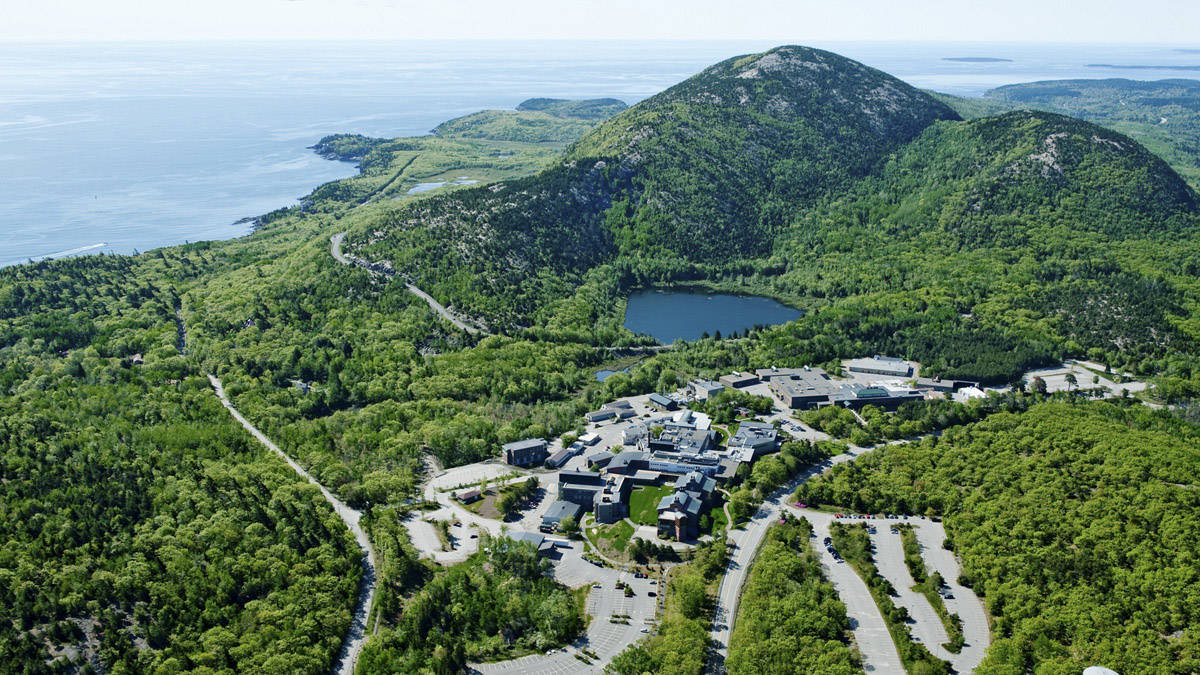





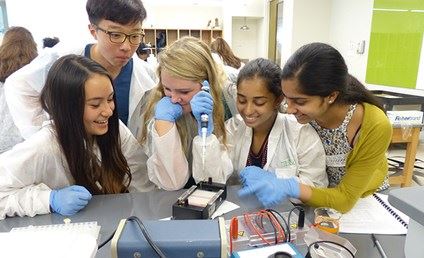

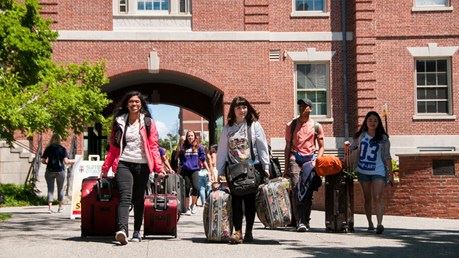
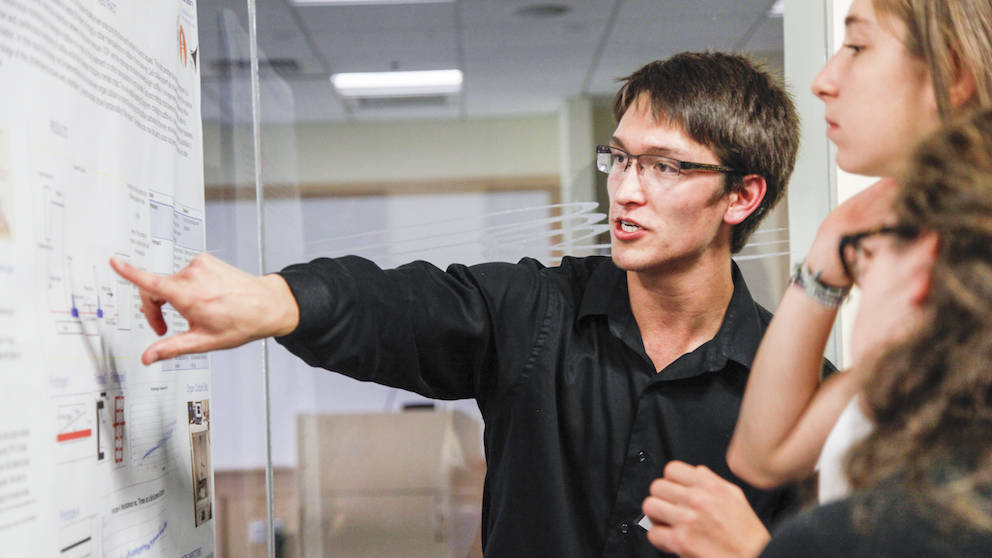

Tell us your
opinion about us